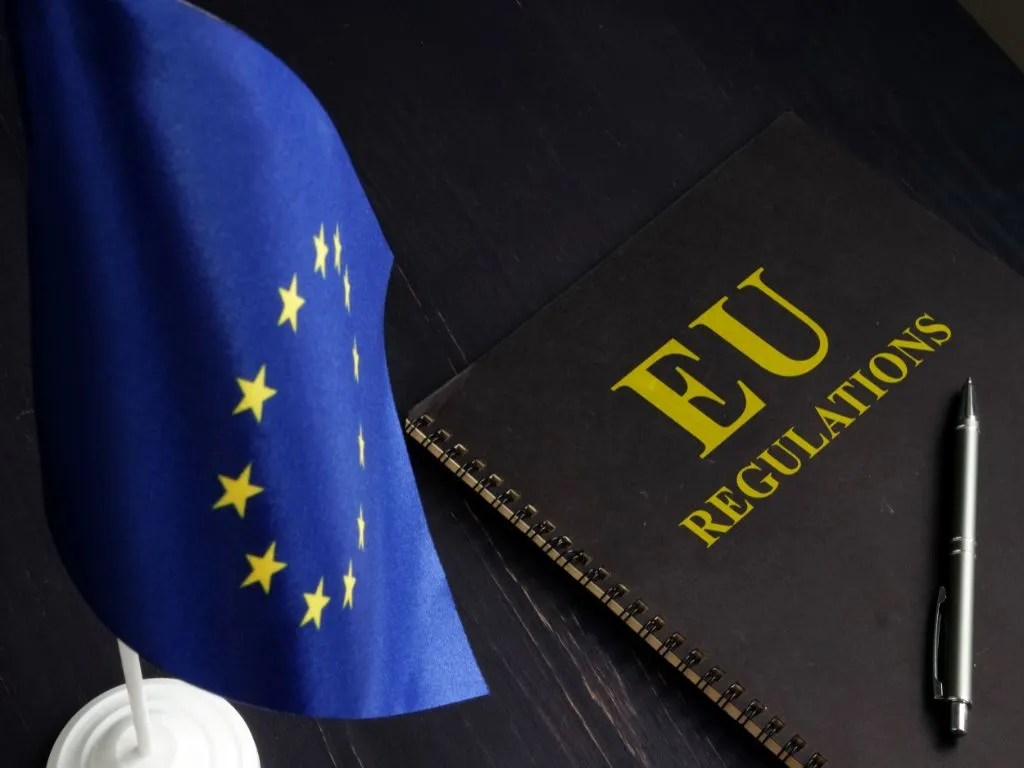- Home
- News Details
News Details

EU Commission Evaluates WEEE Directive: Urgent Need for Modernisation to Tackle E-Waste
2025-07-04 Reference source : European Commission
Circular economy Circular Economy Action Plan Waste Reduction Circular Economy Strategy Electrical and Electronic Equipment EEE
On 2 July 2025, the European Commission released its evaluation of the Waste Electrical and Electronic Equipment (WEEE) Directive, reaffirming its importance in mitigating the environmental and health risks posed by electronic waste. Despite improvements in collection and treatment, the report notes that nearly half of WEEE remains uncollected in the EU, with recycling rates still below target. Identified gaps include limited legislative scope, insufficient recovery of critical raw materials (CRMs), fragmented Extended Producer Responsibility (EPR) implementation, and inconsistent treatment standards. The Commission recommends revising the Directive to address digital and green technologies more effectively, enforce harmonised EPR schemes, and establish mandatory treatment standards to support the EU’s circular economy goals.
Background
Electrical and electronic waste is the fastest-growing waste stream in the EU, increasing by approximately 2% each year. In 2022, 14.4 million tonnes of equipment were placed on the market, yet only 5 million tonnes of e-waste were collected. The WEEE Directive addresses this challenge by requiring separate collection and proper treatment, setting targets for recovery and recycling, and applying the polluter-pays principle through EPR. It also seeks to streamline compliance by harmonising national registers and reporting formats across Member States.
Key Findings
-
The WEEE Directive remains a relevant and well-aligned policy tool within the EU framework, contributing positively to e-waste management and stakeholder performance.
-
However, the Directive’s scope is outdated and fails to cover emerging waste streams from CRM-rich technologies such as renewable energy and digital equipment.
-
Collection rates across the EU remain low, with only a few Member States meeting the 65% target due to economic, infrastructural, and awareness-related barriers.
-
Recovery of critical raw materials (CRMs), such as copper and rare earth elements is limited as current recycling targets do not sufficiently incentivize their extraction.
-
Fragmented EPR implementation and inconsistent treatment standards hinder high-quality recycling efforts across the EU.
Further Step
As part of the upcoming Circular Economy Act, the European Commission will take the recent evaluation findings into account during the revision of the WEEE Directive, with the aim of enhancing e-waste management and aligning it with broader sustainability goals.
We acknowledge that the above information has been compiled from European Commission.
Global Product Compliance (GPC) specializes in Global Regulatory Compliance Solutions across sectors
globally. SSS Europe, a familiar name in chemical regulatory and compliance services now formally belongs
under the umbrella of GPC Holding Sweden.
Since 2008, we have emerged as one of the leading names among Global Regulatory Compliance Service
Providers with Representation services in Europe, Asia and Middle East for respective chemical
regulations.

 Twitter
Twitter
